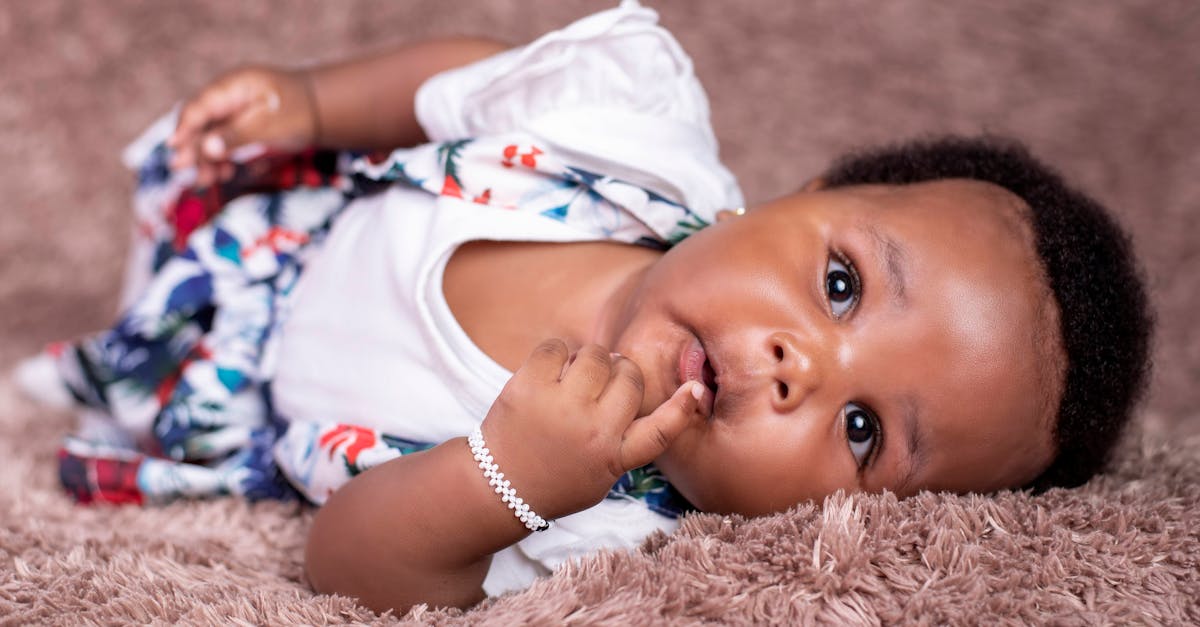The First Smile: More Than Just Gas
Remember the first time you saw your baby’s smile? You probably thought it was just gas. But, around 2 months, your baby’s first real smile appears, lighting up your world. This milestone is crucial for emotional development and signifies a strong bond between you and your little one. It shows they’re beginning to associate joy with their social environment. Encourage more smiles by smiling, talking, and playing with your baby. Remember, every baby develops at their own pace, so don’t worry if your child is taking a little longer.

Cooing and Babbling: The Baby Podcast
Around 3 to 4 months, your baby begins to ‘talk’ by cooing and babbling. This isn’t just cute noise; it’s the start of language development. Respond to these sounds as if they’re telling the most interesting story. This back-and-forth interaction encourages more vocal play and helps them learn the art of conversation. Plus, it’s the perfect opportunity to introduce more complex vocabulary, even if it feels like you’re hosting a podcast only your baby understands.

Enjoy this special time of bonding and language development with your little one!
First Laughs: Joy’s Melody
The sound of your baby’s first laugh is something you’ll never forget. It typically emerges around 3 to 4 months and is a sign of cognitive and emotional growth. Laughter comes from a place of joy and understanding of the world around them. It’s a reaction to something they find surprising or funny, often a simple game of peek-a-boo.
Encourage laughter by making funny faces, blowing raspberries, or gently tickling. These moments are not only fun but strengthen the emotional bond between you.

Witnessing your baby’s laughter is a precious milestone in their development. Cherish these moments and continue to create an environment filled with happiness and playfulness.
Fear of Strangers: A Developmental Leap
At about 6 months, babies start to show apprehension around strangers, a phase often termed ‘stranger anxiety.’ This is a healthy sign of emotional development and attachment to their primary caregivers. It shows they recognize and prefer familiar faces.
When introducing new people, do so gradually and in a comfortable setting for your baby. Offer reassurance with cuddles and soothing words. This phase is temporary, but it’s essential to handle it with patience and understanding.

Remember: It’s a normal part of their development!
First Steps: Towards Emotional Independence
Taking the first step is a monumental physical milestone, but it’s also emotional. Around 12 months, as babies venture into walking, they experience a mix of excitement and frustration. This phase teaches emotional resilience and independence. Celebrate each attempt, whether it’s a success or a stumble. Encourage them by setting up a safe environment to explore. Emotional support during this time lays the foundation for a confident and secure child, ready to take on the next challenge.

*Image *
